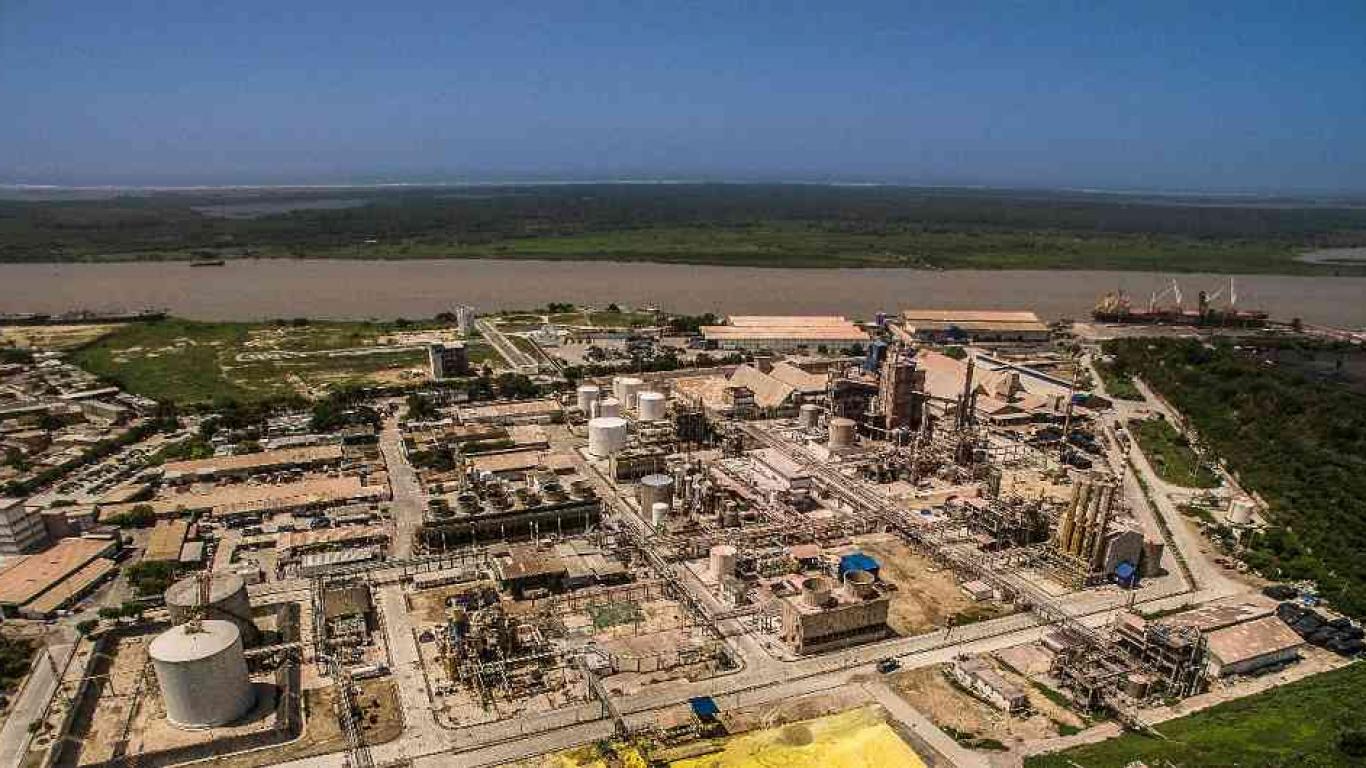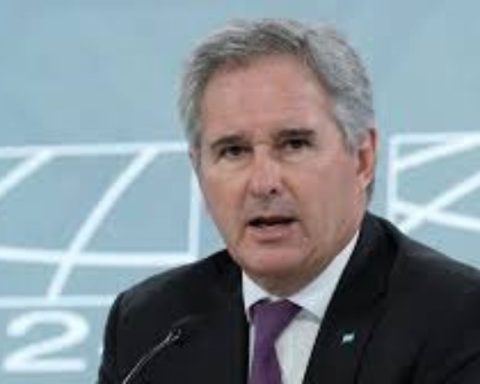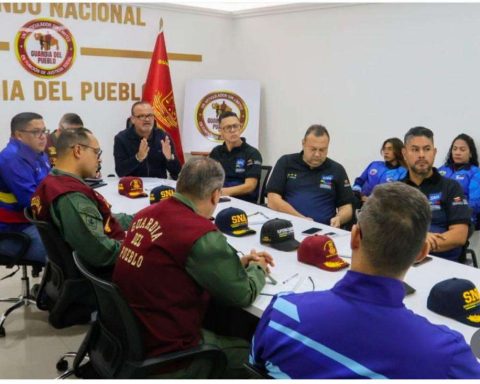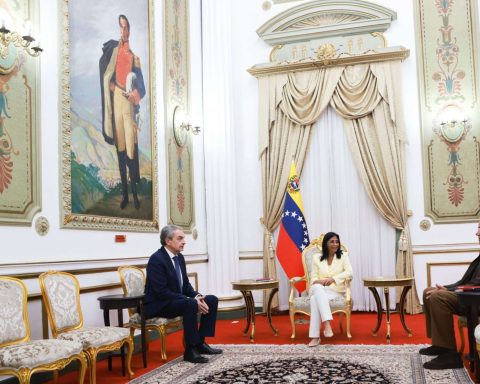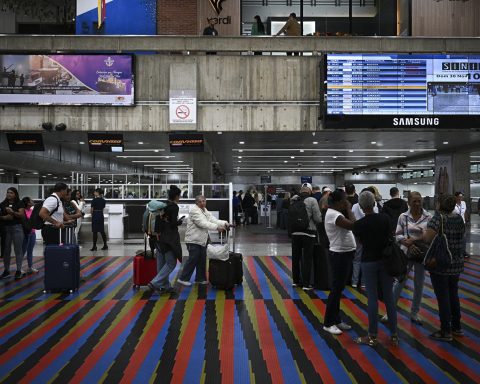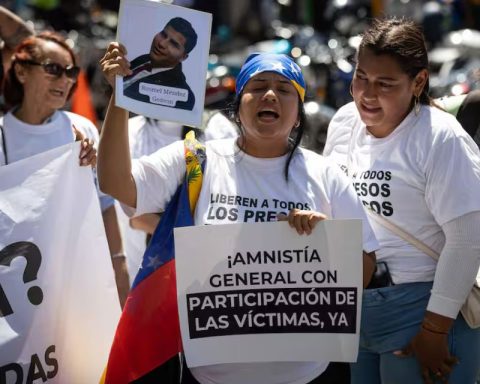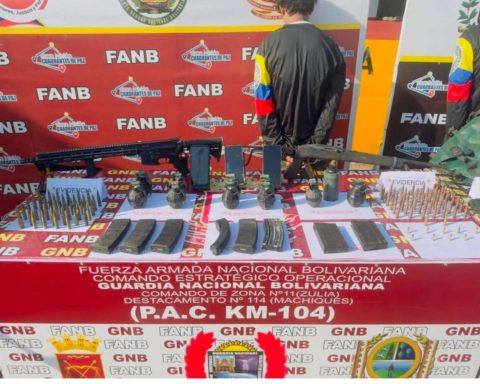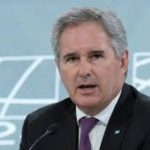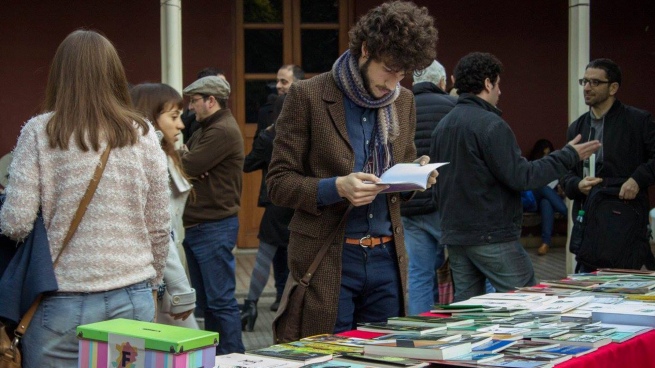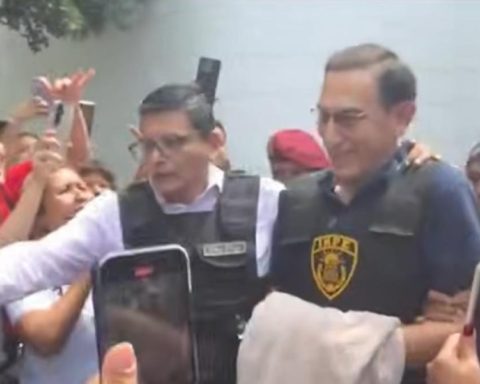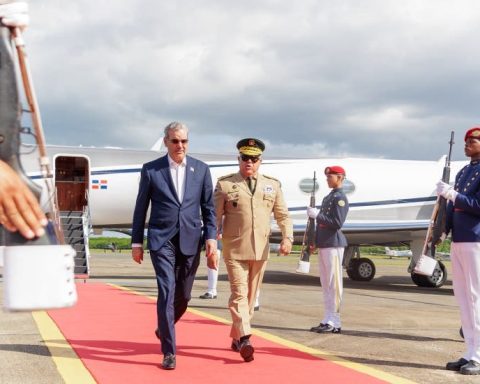On May 23, 2019, the interim government of Venezuela -headed by Juan Guaidó-, with the collaboration of the government of Iván Duque in Colombia, took control of the Venezuelan State company based in Colombian territory, monomers. After more than three years from that moment, now the management of the company could return to the hands of the government of Nicolás Maduro due to the arrival of Gustavo Petro to the Colombian presidency.
According to various media, such as the voice of americathe elected president of Colombia announced that he plans to return the administration of the Venezuelan state company to Maduro to lower the prices of fertilizers in his country.
In the midst of the situation, questions have arisen about the future of monomers and what is the balance left by the three years of management of the interim government. The Fracción 16 de Julio and some Venezuelan journalists have denounced irregularities in the management of the company.
In fact, the Permanent Comptrollership Commission of the National Assembly (AN) elected in 2015 approved, with the vote of seven deputies, the report on the “irregularities perpetrated” by officials, managers of the Pequiven-Monómeros companies, under control of the caretaker government and Parliament as of 2019.
The text declares the political responsibility in the irregular facts about the manager of Monómeros Colombo Venezolanos SA Guillermo Rodríguez Laprea for “hiding information from the AN with the purpose of preventing the truth about the contracting with the company LyonStreet, a company to the which he previously represented.
Despite the fact that the complaints had been made for months, deputy José Luis Pirela, a member of the July 16 Fraction, welcomed the fact that the commission made progress in the investigations.
«We have been investigating the case for two years, working and documenting the case and from the Fracción 16 de Julio we made, more than a year and a half ago, a very concrete proposal. We present the proposal in different instances to relaunch and clean up Monómeros. This proposal brings together three elements: first, the urgent need to replace the board of directors and cause a restructuring of the company. Second, we requested to open a credential contest so that citizens who meet the ethical and professional profile could propose to be part of the board of directors of Monómeros and avoid, with the participation of talents from civil society, the distribution that the G4 made in the formation of that board of directors,” Pirela said in conversation with The National.
He maintained that they also proposed that an audit be carried out with an international company that will evaluate the financial situation of Monómeros. This in order to have a clearer vision of what the company was facing. However, he stressed that at the beginning there was no political will from the political parties to carry out this proposal.
“Although this commission report is late, sometimes it is better late than never. I have to conclude that it is necessary to acknowledge the work that the colleagues of the Comptroller Commission carried out and that their decision is correct. In other words, the investigation was based on elements of fact and law, which establish the political responsibility of Guillermo Rodríguez Laprea. As well as the request for his dismissal, as well as that of the lawyer Diana Bracho. It is a conclusive and coherent decision with the debates that have taken place there and with all the evidentiary elements that base and sustain the report”, he pointed out.
Can monomers be rescued?
Although Pirela recognizes that the situation of the company due to the mismanagement that, he assures, was had during the last steps, he believes that it is possible to recover what he considers a great asset of the Venezuelan State abroad.
«I believe that the company can be rescued if methods such as the ones we proposed are taken and assumed, unless there is a proposal to the contrary. Now, if the new board of directors of Monómeros is chosen under political distribution methods and not from a business, productive and transparent vision, appointing people who meet said profile; obviously that would be catastrophic for the company », he said.
“Typically what we have pointed out is that Monómeros is a company with a successful profile. A company with 54 years and an extraordinary track record. In addition, with a guaranteed market in Latin America. That is to say, that company only requires a healthy management to take off successfully. Unfortunately, in the last two years this company has been managed with disloyalty criteria. Also with corruption schemes where the last manager Guillermo Rodríguez Laprea has dedicated himself more to advertising campaigns to project a false image of prosperity that is not such. The figures have been made up and background elements hidden, ”he added.
The future
Given the return of the company to the hands of the Maduro government, Pirela pointed out that citizens and political factors must be more vigilant so that Monómeros has a board of directors that does its job.
“Now then, let’s look to the future. Let’s work for the future. Governments are transitory, including dictatorial governments. Monómeros has been managed by the founders of democracy, by Chávez, by Maduro and now it is managed by people who put up the G4. Possibly it will be back in the hands of the Maduro regime and we will maintain a vigilant attitude on key aspects. For example, we will monitor the selection method and the profiles of those who place there and the performance of the administrators. We have done a very serious, deep and rigorous investigation in two years. This vigilant attitude must be maintained and deepened. But in addition, Venezuelan society cannot be indifferent to what happens to its assets abroad. Venezuela’s assets abroad are not acts of improvisation, they were part of a strategy », he assured.
The role of the parties
Pirela also indicated that it is necessary that for the future, the political parties understand that this type of company cannot be managed by quotas or for political purposes.
“I think there was a lack of political will. There was a lack of capacity to rectify and some political groups have been suckling like a tick on the back of Monómeros. They have been receiving financial contributions from there and they do not want to part with it. It is a very serious mistake to act in a double discourse of saying ‘we have to remove the Monomeros policy, we have to depoliticize state companies, we have to create a trust’, as Julio Borges said and he did not propose anything, he did not present anything. That attitude is an act of terrible irresponsibility. That is a very bad sign and it does a lot of damage to the parties, but it also does a lot of damage to politics », he pointed out.
—For you, who is responsible for what happened in Monómeros because now many political parties denounce what happened as if they were not part of the company?
—Yes, but you can’t wash your face before the country by lying. History will condemn them. It’s not about lying, it’s not about impostures. It is not making a speech where you depoliticize the company but when making decisions you do not take them. Well, look at the session of the Comptroller Commission; I am not a member of the Comptrollership Commission but of course I attended using the Internal and Debate Regulations that allow me to have the right to speak. Well, what happened there? There are 12 parliamentarians from the commission with the right to speak and vote, several were connected and in the end there were four absentees and one who asked to defer the point again. Deputy Salazar asked to defer the point and since they did not please him he withdrew and in the end the decision was made by 7 deputies who are being pressured and are being observed by the G4 factors. The country is watching them and it seems that they do not realize that.
—What learning does this whole situation leave to deputies like you?
—You mentioned the complaints made more than two years ago by Ambassador Humberto Calderón Berti and by journalist Patricia Poleo, which I fully agree with; they were, let’s say, among the first people to raise the issue. Then, I from the Fracción 16 de Julio for a series of reasons that I have more relations in Colombia than the rest of the fraction, they decided that I should take on the task of investigating. But I was not going to limit myself to expressing some opinions, but I began to document the case and to travel. In these two years, I have gone to Barranquilla 20 times to secret meetings to receive documents and receive information. I’ve been to Bogotá six times for the same purpose and it’s not easy to document an investigation where you’re being blocked everywhere and where they’ve tried to silence me. I am going to tell you something, without giving the name, they called me, they called me from the presidency of the Territorial Groups of Colombia to alert me and tell me: “Deputy, there is a campaign to silence you with the issue of Monomers.” And they did, many media stopped publishing me and that is why I tell you that the Monómeros case leaves me with two lessons: one, never give up, even if you have to raise a flag alone, and two, what Jesus said 22 centuries ago, «the truth It will set you free.”
“Do you think an opportunity was missed with Monomers?”
—The G4 squandered the historic opportunity to build and exercise a new type of public and productive management.
